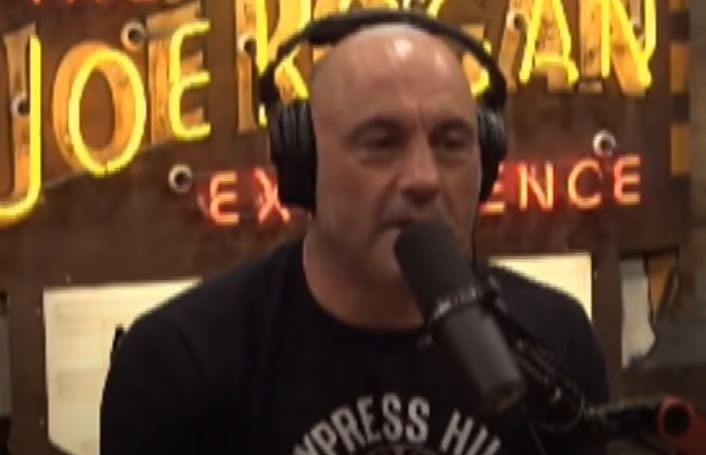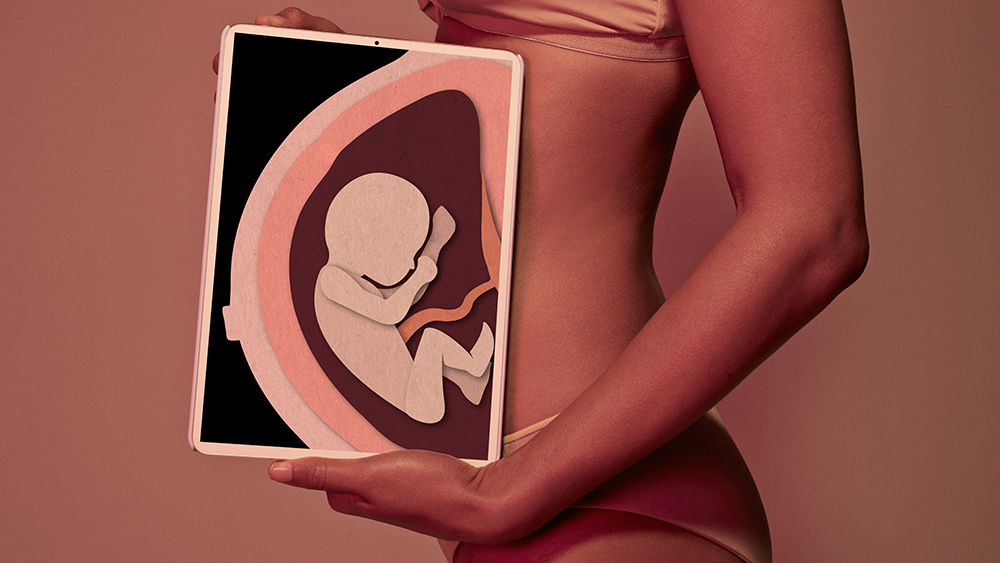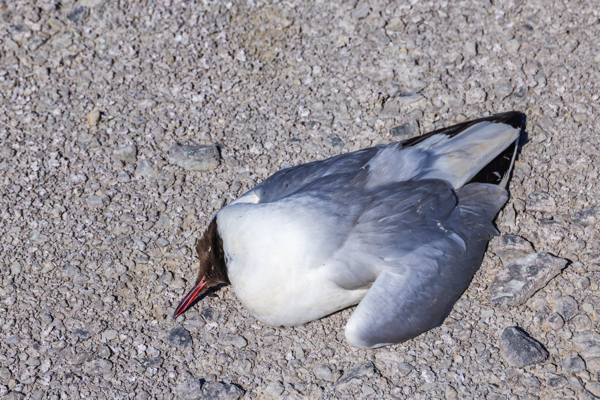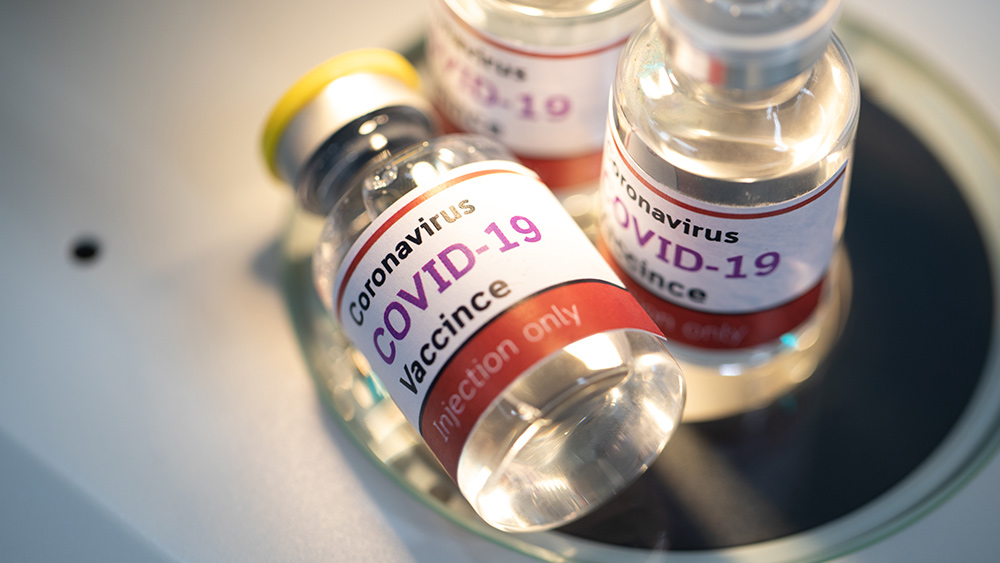Highly evolved polio strain that infected Chinese boy suspected to have “leaked” from same Wuhan lab as COVID
09/10/2024 / By Ethan Huff
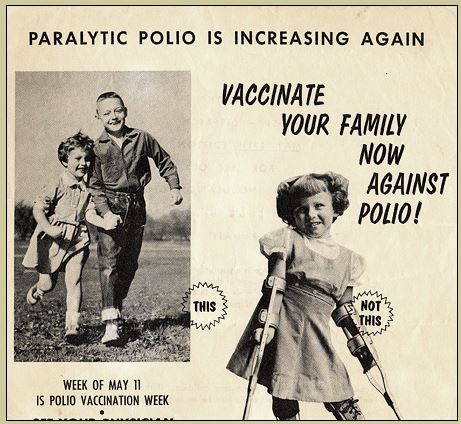
Another deadly virus is in circulation after the infamous Wuhan Institute of Virology (WIV) in communist China “leaked” a new deadly strain of polio called WIV14 that infected a young boy in China’s Anhui province.
A paper from France’s Pasteur Institute suggests that this new “highly evolved” strain of polio was more than likely developed at the WIV. It is said to be 99 percent similar to the Saukett A strain of polio used in laboratory settings and in vaccine production.
Dr. Maël Bessaud, who led the research, says WIV14 probably came from the WIV or another facility that handles polio. The only other possible origins of WIV14 include a natural reservoir or another lab.
(Related: Did you know that polio vaccines are responsible for unleashing RSV [respiratory syncytial virus] into the population?)
U.S. taxpayer dollars must stop flowing to communist China
If WIV14 did come from the WIV, then this is just more evidence that lab safety protocols at one of China’s highest security-level biosafety facilities is sorely lacking and in desperate need of reform before another Wuhan coronavirus (COVID-19) is unleashed upon the world.
U.S. taxpayer dollars also need to stop being sent to the WIV to continue this type of research. Thanks to Tony Fauci and other career criminals, the WIV has been on the dole of U.S. taxpayer-funded grant money for many years, which it uses to develop deadly bioweapons.
The U.S. Department of Agriculture (USDA) also sends cash to the WIV to fund projects aimed at enhancing the virulence of avian flu, as one example. The claim is that manipulating viruses to make them more deadly will help researchers to develop “cures” in the form of more vaccines and pharmaceutical drugs.
The same study found that Peter Daszak, the Fauci-linked researcher whose EcoHealth Alliance group was accused of participating in the Wuhan lab leak of COVID, continued to receive cash from the U.S. government up until this year. Daszak used that money to tinker with exotic viruses sourced from bats, pangolins and other wild animals.
The only reason Daszak is no longer on the U.S. taxpayer dole is because Rep. Brad Wenstrup’s (R-Oh.) Select Subcommittee on the Coronavirus Pandemic successfully argued that Daszak was non-compliant with the grant terms of the National Institutes of Health (NIH) in that he completely disregarded the warnings not to conduct gain-of-function research, which is illegal on U.S. soil.
“The findings underscore the shocking unsafe state of global virology research,” said Dr. Richard Ebright, a Harvard-trained molecular biologist, to the DailyMail Online about the research.
WIV14 is believed to have evolved from a well-preserved strain of polio collected back in the 1950s for use in vaccine production. Somehow, it leaked from its source and infected a young child – and it could still be out there circulating.
The close proximity of the WIV to the Anhui province where the WIV14 case was reported strongly suggests that the WIV is responsible for the release of this deadly new bioweapon.
The World Health Organization (WHO) counted 125 positive samples of polio in Afghanistan last year, located to the west of China, along with 34 more — so far — in 2024. Afghanistan, Pakistan and even Gaza are said to be among the most prominent places where new strains of polio are appearing.
In 2022, polio reemerged in the United States for the first time in more than a decade. According to reports, it was detected more than 70 times in New York’s sewage. However, that could just be vaccine shedding.
It sounds as though it might be time to shut down the Wuhan Institute of Virology for continuing to build and “leak” deadly viruses into the world. Learn more at Plague.info.
Sources for this article include:
Submit a correction >>
Tagged Under:
big government, biological warfare, biological weapon, biotechnology, bioterrorism, biowar, Censored Science, China, conspiracy, covid-19, Dangerous, infections, insanity, leak, national security, outbreak, pandemic, Plague, polio, research, science deception, science fraud, WIV14, Wuhan, Wuhan Institute of Virology
This article may contain statements that reflect the opinion of the author


